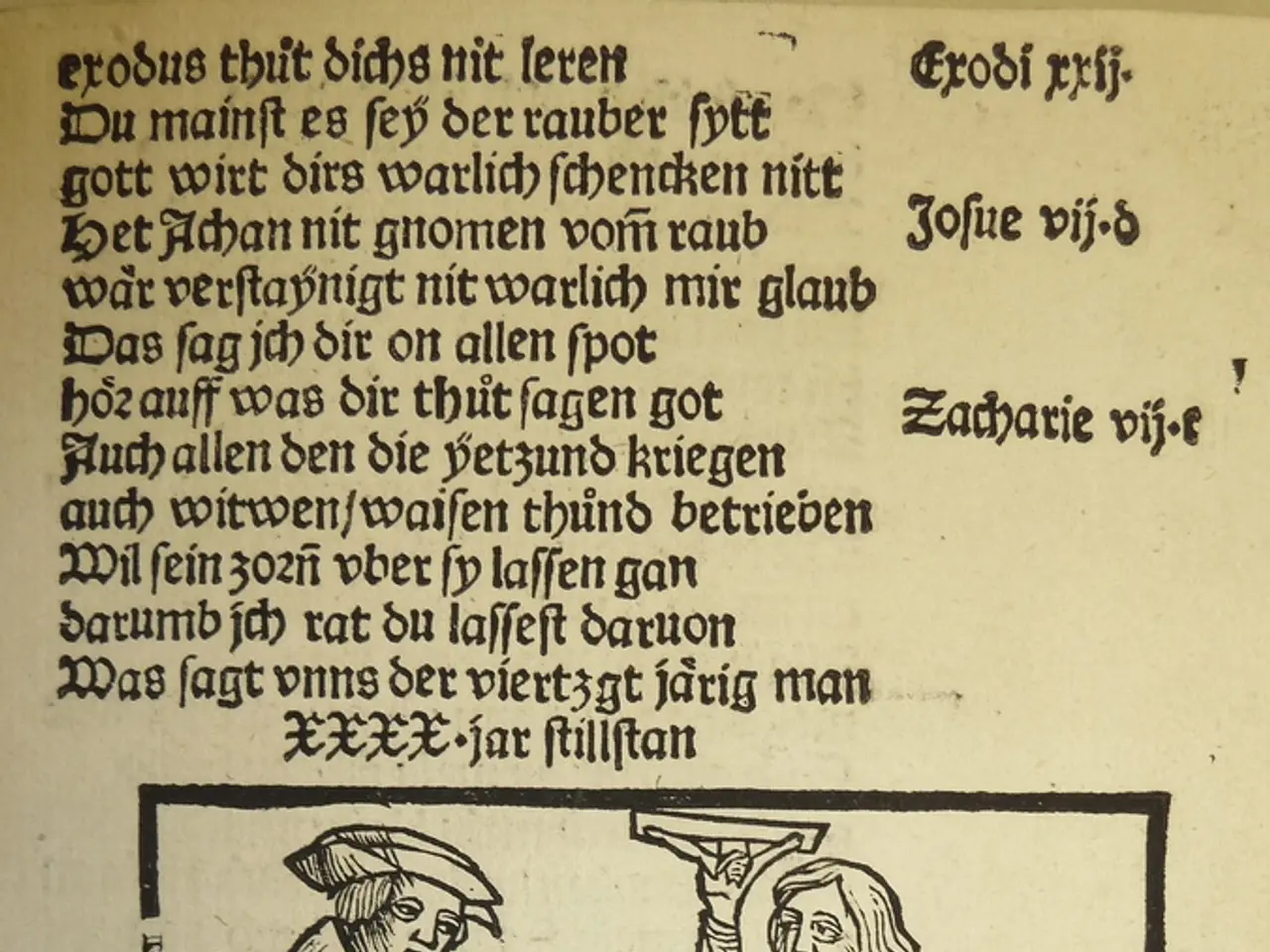Language educators sought by the Foreigners' Working Group (AKF) to assist in cultural assimilation
In the heart of Willich, Germany, the Arbeitskreis Fremde (AKF) stands as a beacon of tolerance, respect, and appreciation, providing a welcoming space for individuals from diverse backgrounds. The organisation offers language courses to nearly 70 people each week, catering to refugees with a range of language skills, from those just beginning to learn German to more advanced groups.
The AKF's mission is clear: to empower refugees by equipping them with the language skills necessary to navigate daily life in their new home. With the support of the city of Willich, the AKF is expanding and digitizing its learning program, making it easier for volunteers and participants to connect and learn.
If you're considering volunteering as a language trainer, here's how you can get involved:
- Reach out to AKF Willich: Express your interest in volunteering by contacting AKF via their official website, email, or phone. They can provide details about current opportunities, training requirements, and schedules.
- Check volunteer requirements: AKF may require volunteers to have some language skills, teaching experience, or participate in an orientation/training session. Ask them about any prerequisites or recommended qualifications.
- Attend training or orientation: If AKF offers preparatory courses or training for language trainers, attend these sessions to learn how to effectively support refugees’ language learning.
- Prepare for teaching: You might need to prepare lesson plans or use provided materials. AKF often supports volunteers with teaching resources.
- Commit to a schedule: Discuss with AKF how much time you can volunteer and find a suitable class or group.
No specific educational background is required to become a language trainer. What AKF values most is a willingness to teach German and openness towards foreign cultures. If you're not fluent in German, you may still be able to help if you have skills in other relevant languages or in teaching language basics.
The courses offered by AKF are voluntary and not mandatory. They are held in the old town hall in Schiefbahn, which was modernized upon its move in 2019. Each group never has more than ten participants, creating a supportive and intimate learning environment.
The language training primarily focuses on managing everyday situations, such as visiting a doctor, a kindergarten, or shopping. Communication in the home environment of the refugees often still takes place in their native language, which complicates the learning of German. However, the participants often enjoy the courses and bring acquaintances or friends due to positive experiences.
In addition to language courses, AKF promotes the mobility of refugees through bike workshops in Willich and Anrath. They are currently seeking donations of children's bicycles. If you'd like to donate a bicycle, please contact Bodo Watzka at 0160 7676405.
Currently, AKF has 25 volunteer language trainers helping people learn German. By volunteering with AKF, you can contribute to integration and support refugees in the community.
For more information about AKF, visit www.akf-willich.de. If you're ready to express your interest in volunteering, you can contact AKF via email at [email protected] or by phone at 02154 8138296.
- AKF's courses in Willich, Germany cater to various aspects of life in the new home, including fashion-and-beauty, food-and-drink, home-and-garden, and relationships.
- In addition to language training, AKF promotes travel within the city through bike workshops, and is currently seeking donations of children's bicycles for this initiative.
- The pet-friendly atmosphere of Willich makes it ideal for those who enjoy companionship of pets, as the AKF welcomes individuals from diverse backgrounds.
- As a language trainer, you can help refugees navigate the intricacies of shopping and managing everyday situations, such as visiting a doctor or kindergarten.
- To further enhance their daily lives, AKF is expanding and digitizing its learning program to facilitate easier connections with volunteers and participants, and to accommodate the demand for cars and shopping resources.





